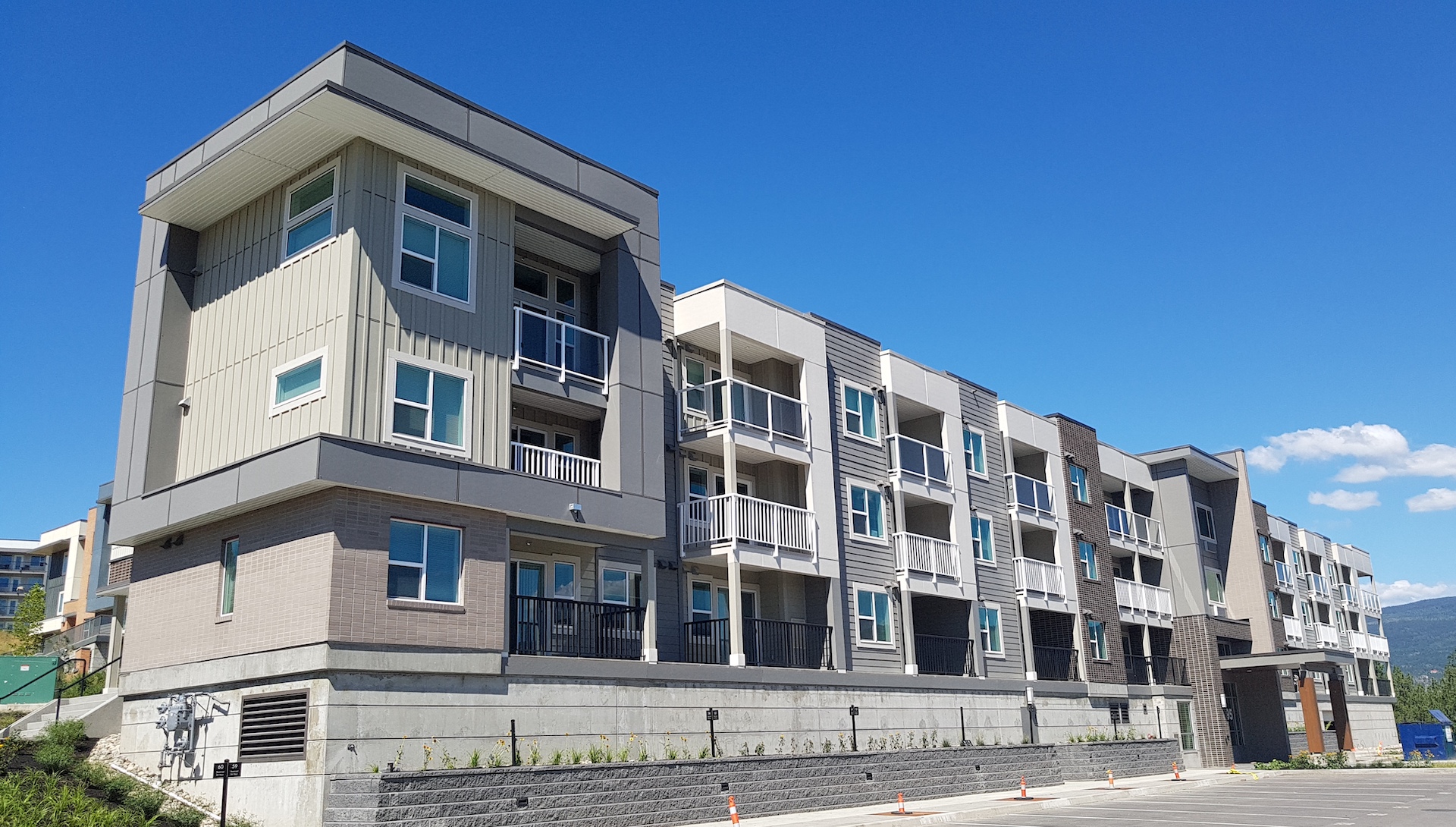Are you thinking about buying or selling a tenant-occupied property in BC?
If you’re thinking of Buying or Selling Tenant-Occupied Property in BC, July 2024’s new Residential Tenancy Act (RTA) regulations have brought some important changes to navigating this type of transaction.
The Residential Tenancy Branch (RTB) has ramped up its Portal and compliance requirements for giving notice to tenants. It essential for everyone involved to understand what it takes to follow the rules, avoid delays, and keep the process as smooth as possible.
For Buyers: Do you have plans to move in? Here’s What You Need to Know
If you’re buying a home and want vacant possession because you (or an immediate family member) intend to occupy the property, you’ll have a few hoops to jump through. Here’s a breakdown of the must-dos:
1. Submit Your Written Request Early: You’ll need to submit a written request for vacant possession if you plan to live in the property. Preferably as soon as possible after subject -removal. This needs to be clear and formal, as it’s the basis for issuing the RTB’s required notice to end the tenancy.
2. Prepare Your Personal Details: To generate the RTB’s “Three Month Notice to End Tenancy for Purchaser’s Use,” buyers must supply specific details, including personal information for the Residential Tenancy Branch’s records. This includes a copy of the Contract of Purchase and Sale (CPS) and your date of birth, which will only be used by the RTB.
3. Understand the 12-Month Occupancy Requirement: Under the new regulations, you are required to occupy the property for at least 12 months after the tenancy ends — no shortcuts here. The RTB mandates this period to ensure purchases for “occupancy” aren’t just a loophole to force tenant turnover. Immediate family members who qualify under this rule include a child, spouse, or parent.
4. Privacy Concerns? You’re Not Alone: The RTB requires detailed personal information for all parties involved, including the number of adults and children moving in. If privacy concerns arise, know that sensitive details remain strictly for RTB use.
For Sellers: Steps to Ensure a Smooth Transition
Selling a tenant-occupied property with a buyer who wants vacant possession? There’s work to be done on your end too.
1. Register for a BC Online Account (BCeID) ASAP: You’ll need this account to access the RTB portal for creating the necessary notices. Avoid last-minute hold-ups by registering early. Link here
2. Generate the Notice to End Tenancy (RTB-32P): Sellers need to create the RTB-32P notice, Sample which contains everything from tenancy details to buyer and tenant information. Having accurate details on hand, including proof of tenancy and current rent, will help you meet the requirements for lawful notice.
3. Plan Ahead to Avoid Delays: Timelines matter here. Collect all necessary buyer information well in advance — including their written request — to ensure that the notice can be delivered to the tenant on time.
4. Stay Current on RTA Changes: The RTB continually updates regulations on tenancy requirements, so staying informed means fewer surprises. As a seller, knowing these rules also helps build trust and keeps the transaction on track.
When Landlords Can Legally Give Notice / Evict a Tenant in BC
In BC, landlords can only evict or legally give notice to tenants under specific, legally defined circumstances, including:
- For the Landlord’s or Purchaser’s Own Use: If the landlord, purchaser, or an immediate family member intends to move in, the property may be eligible for a tenant eviction. This eviction requires the RTB-32P notice and must follow strict guidelines, including the 12-month occupancy rule for purchasers.
- Demolition or Major Renovation: If a property will undergo major renovations or be demolished, tenants may be evicted, but the landlord must prove the extent of work requires vacancy. Minor renovations don’t qualify.
- End of a Fixed-Term Lease with Eviction Clauses: If a lease specifically states that the tenancy will end by a certain date with no renewal, or includes a clause for the tenant to vacate at the end of a fixed term, the landlord can evict when that date arrives.
- Non-Payment of Rent: If a tenant fails to pay rent, landlords can issue an eviction notice, provided tenants aren’t in arrears due to protected reasons or legally disputed amounts.
Buying or selling a tenant-occupied property – Key Takeaways
The RTA’s recent updates seem like red tape, but their goal is to ensure tenants are treated fairly and the process is lawful for all parties. As a REALTOR®, it’s our job to guide you through these rules and give you the clearest path forward, together with your Legal and other Professional Advisors.
Are you ready to make your next move in the Kelowna or Central Okanagan area? Contact Me, Trish Cenci, at Coldwell Banker Horizon Realty I’ll be happy to help!
Buying or Selling a Tenant-Occupied Property – Other Useful Links
Residential Tenancy Branch Laws and Rules
Tenants Resource and Advisory Centre – here
Residential Tenancy Help (RTB) – here


 Facebook
Facebook
 X
X
 Pinterest
Pinterest
 Copy Link
Copy Link

